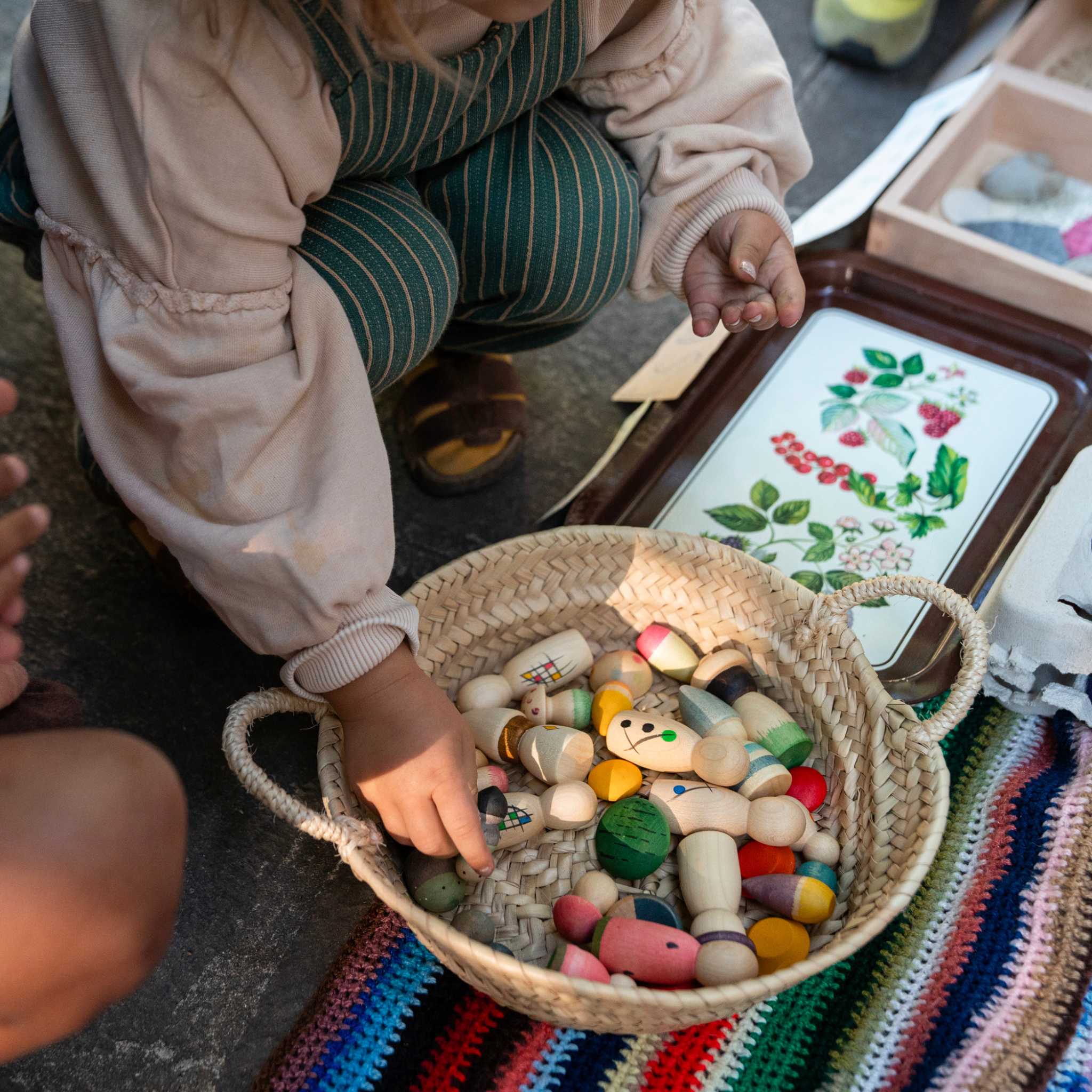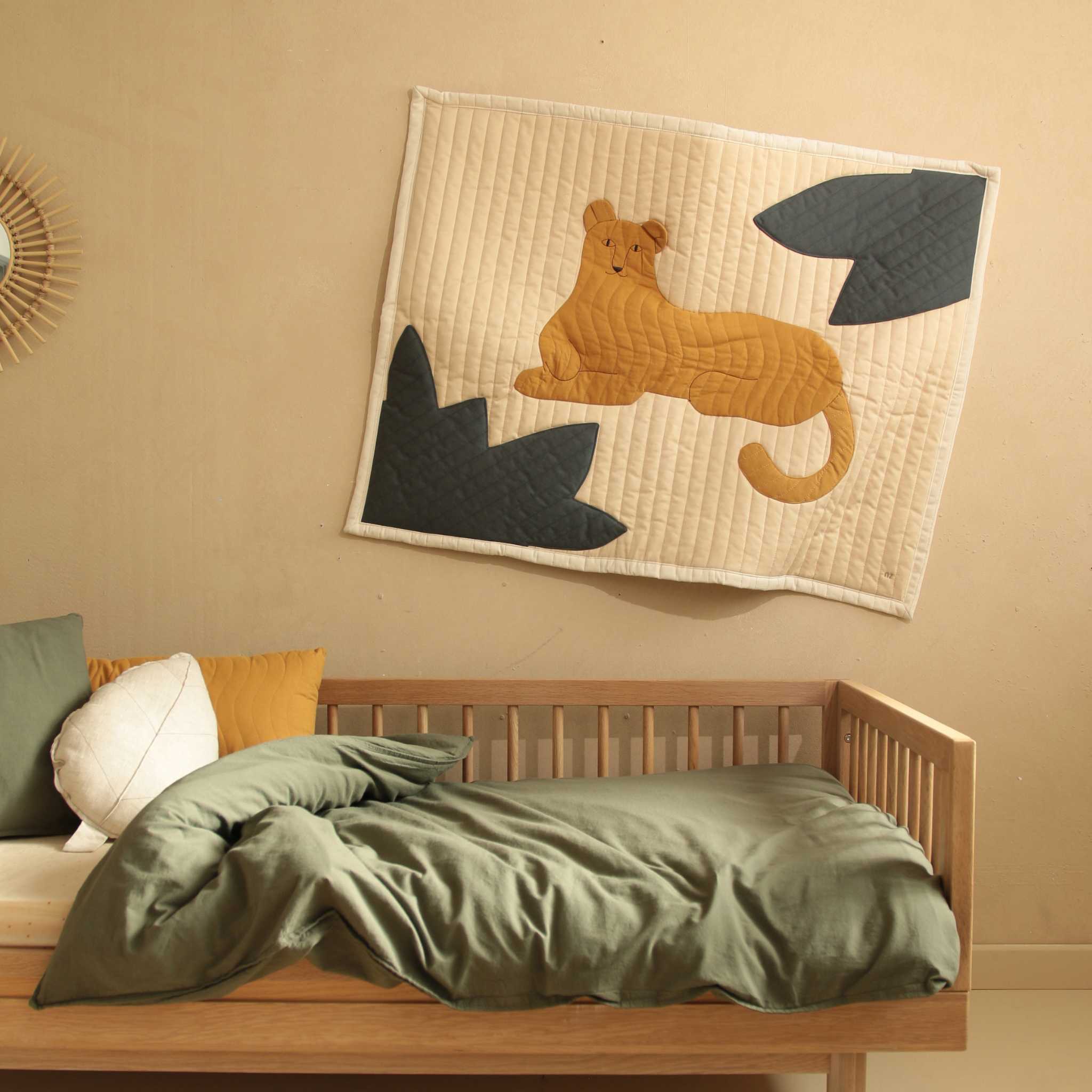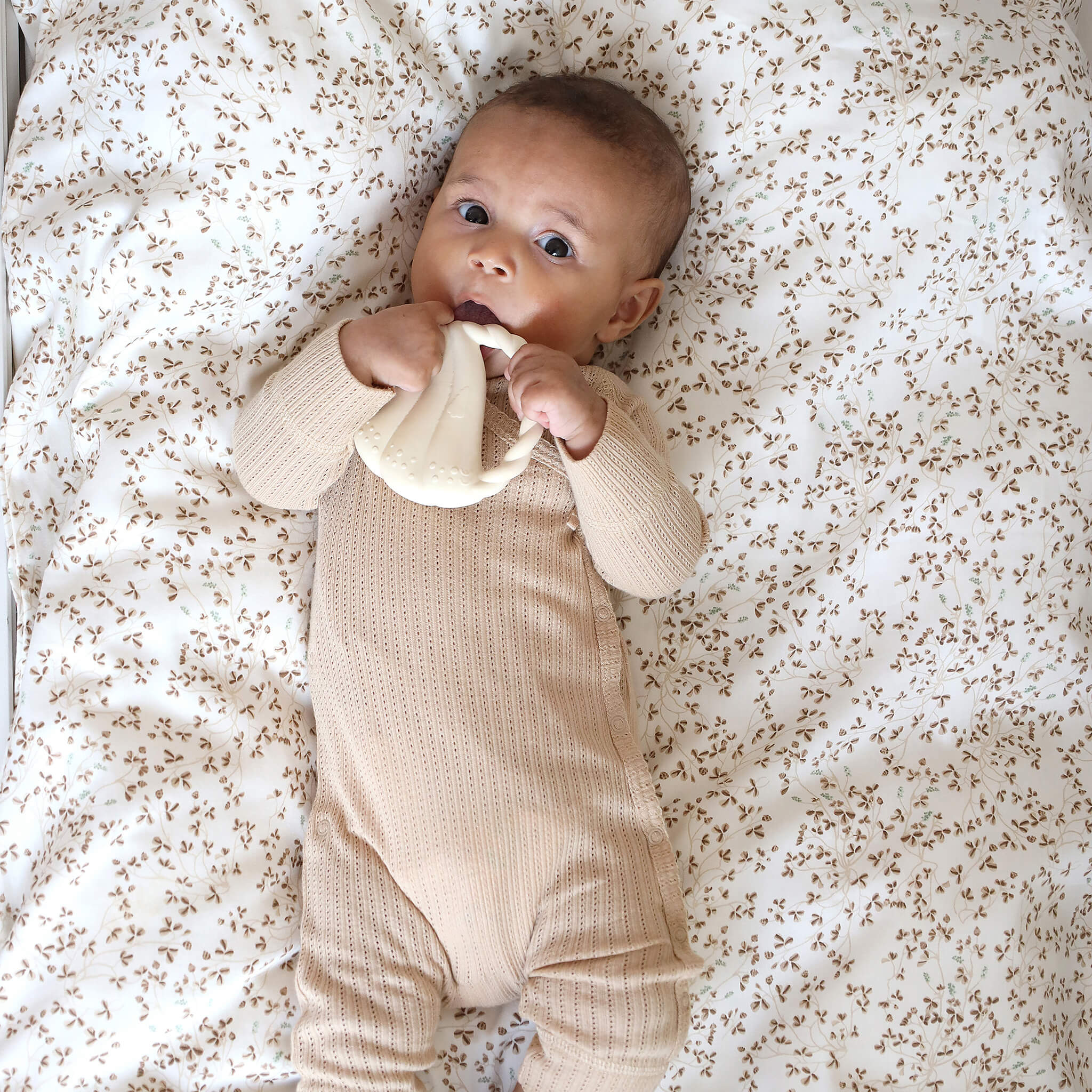1. Health first.
2. Naturally good.
3. Near before far.
Big picture
Our Three Little Ideas inform how we pick products.
They are at the core of our approach to sourcing good.
Underlying them is our deeply held belief that supporting prosocial businesses is good for everyone.
Businesses who treat their employees, communities and ecosystems well are building our collective future.
We believe the best way to shop for babies and children is with a firm preference for tried and tested materials. Avoiding synthetic and novel materials or ingredients with unknown or unknowable health profiles.
For us this means choosing minimally processed natural materials most of the time.
We believe sourcing locally, and regionally in preference to globally is a meaningful way to reduce our collective ecological footprint.
Question everything
We ask the same questions of the things we buy to sell to you, as we do of the things we buy for our own children.
Is it safe and healthful without hidden nasties?
Does it make responsible use of natural materials?
Where is it made - can we buy something similar made closer to us?
Is it loveable and designed to last?
Three Little Ideas
Here’s how we choose our products;
1. Health First
Everyone wants health and happiness for their children.
But there is a problem. The system is broken.
We live in a toxic soup. Hormone disrupting chemicals. Neurological poisons. There is bad stuff in our soil, food, water and air. In many of the products we buy.
Petrochemicals, pesticides, plastics and their constituent chemicals may be the biggest risk that humans face. Bigger than climate change even.
Baby poo is laden with microplastic. Breast milk and drinking water with pesticides. Sperm counts are in decline.
Entire industries thrive by playing chemical whack a mole with every newly-identified-previously-considered-safe toxin. BPA swapped for BPS and BPF. PFOS for PFOA and PFHxS. The toxic alphabet soup sloshes on.
Regulators can’t, or won’t keep up. This is a huge problem.
So what to do about it?
Keep things simple. Stick to well understood time tested materials. Avoid hidden nasties.
Fundamentally we believe this is a reliable way to reduce children’s exposure to toxins.
We ask tough questions about what goes into our products. Questions you would ask if you had the time, energy and knowledge.
2. Naturally Good
Seasonally renewable natural materials are a good thing.
We prefer them to synthetics, especially for babies and children.
They come from the earth. When minimally processed they can return to the earth at the end of their useful life without causing harm.
Natural materials wear better, look better, feel better. They improve with age, wearing in rather than wearing out. In short, natural materials are lovely to live with.
The muslin cloth that gets softer with every wash. The solid wooden table that wears the marks and memories of use with pride. The mohair teddy with the bald ear that didn’t supplement their meals with microplastic.
Our approach is to choose products that reduce the use of petrochemicals and other synthetic ingredients. Whether in the growing, harvest, processing, manufacture or transport of the materials from which they are made.
By choosing natural we are rejecting plastic.
3. Near Before Far
More miles means more energy. Exporting pollution. Exporting jobs and diminishing communities.
We source locally before regionally, regionally before globally. This means most of our products are made in Europe.
Whilst we do have a smattering of items from smaller, often artisanal producers around the world. We're phasing out anything made in China.
Sometimes though the best products come from far away. Then we need to make a choice. Is it worth the miles?
Products that become cherished possessions leave smaller ecological footprints. They will be used for many years, or even multiple generations. In the end, loveable durable things last longest.
So yes, sometimes this means it is worth the miles. But not often.
We always look locally before looking afar. And the large majority of products we stock are made in Europe or near to.
Communicating clearly
We ask tough questions and apply our own standards before we decide to stock a new product. Then we label every product with the relevant Love Marks.
So you can check it meets your standards too.





